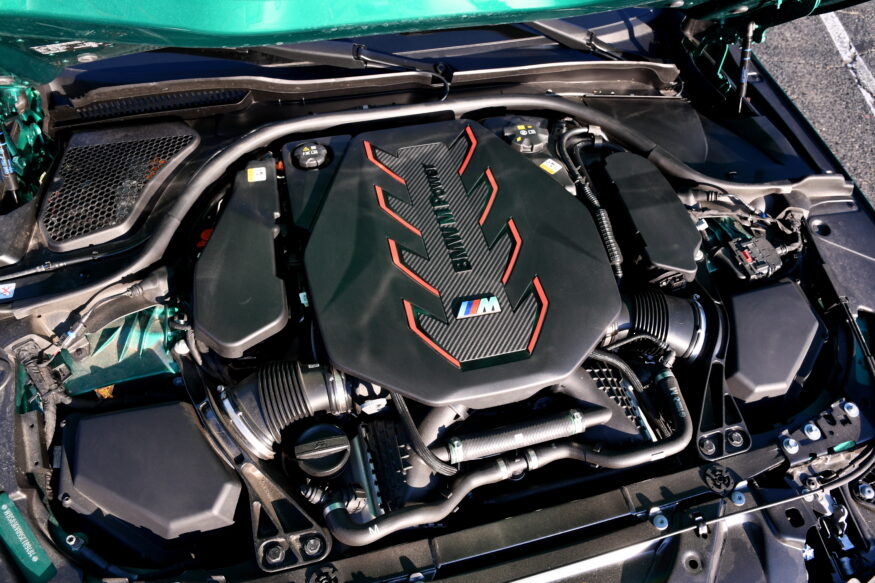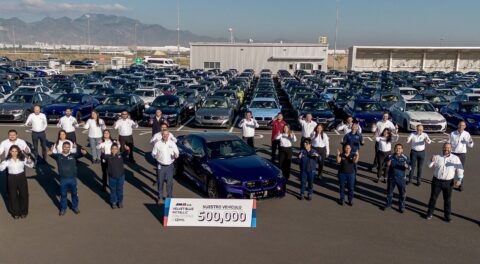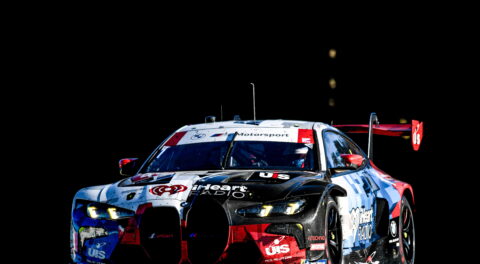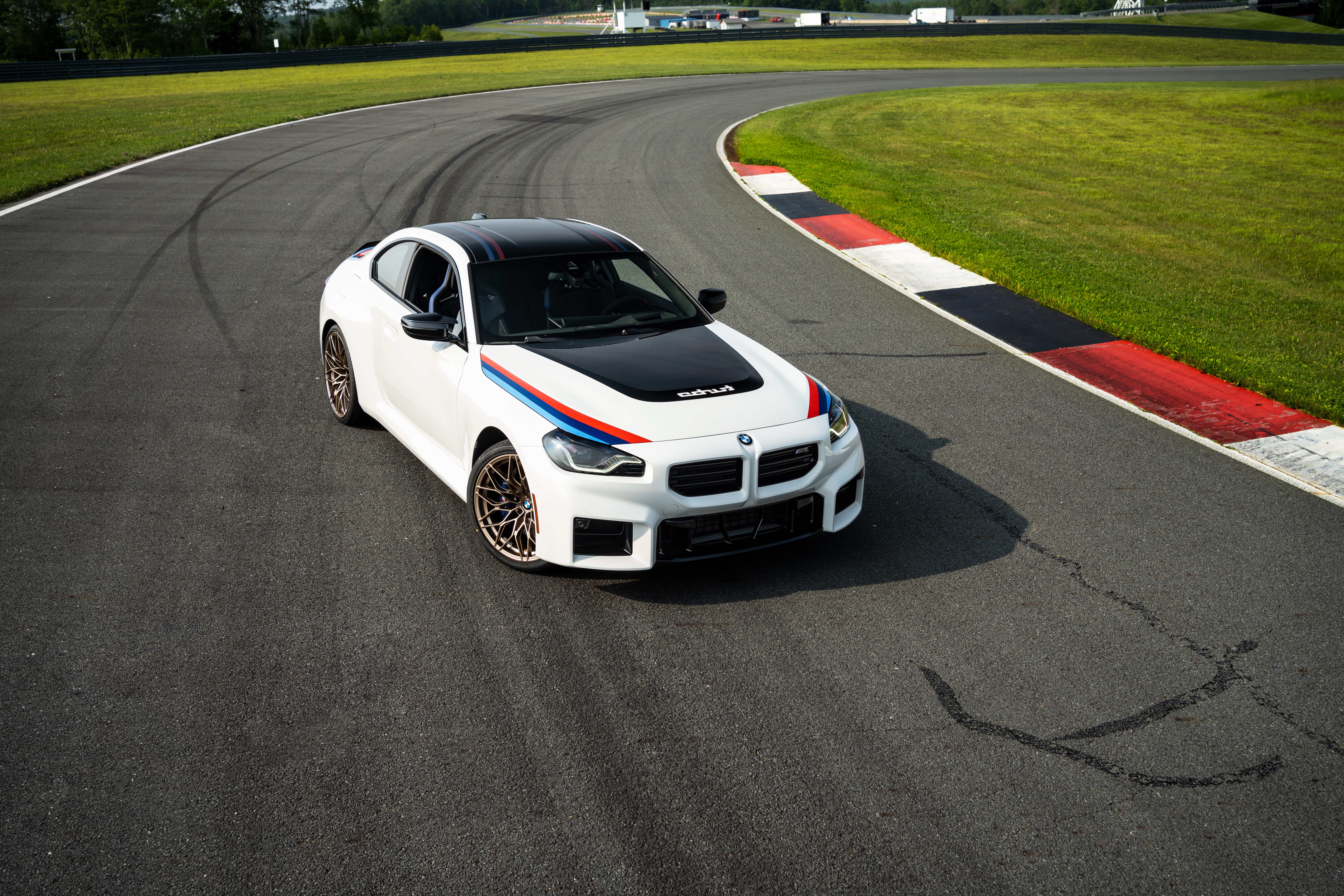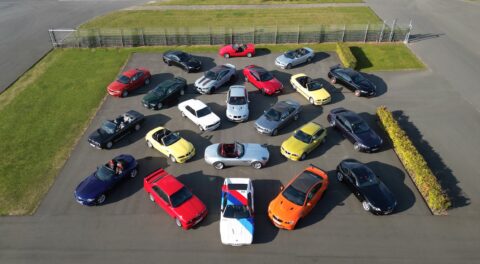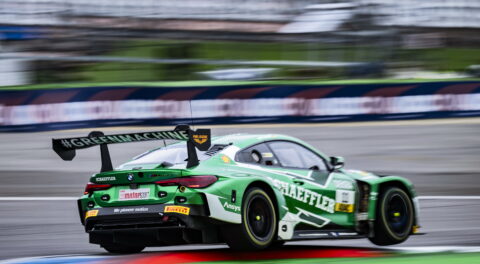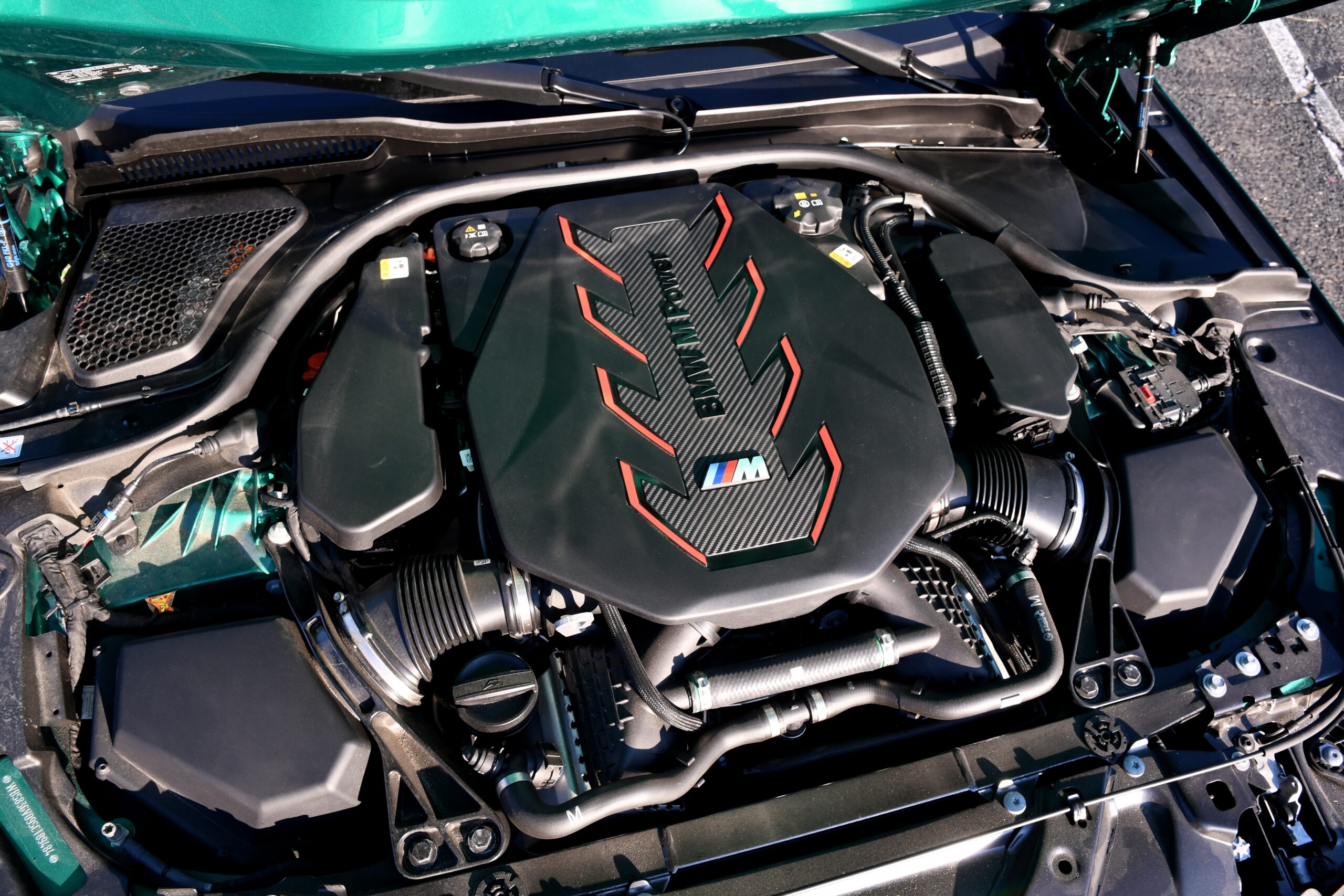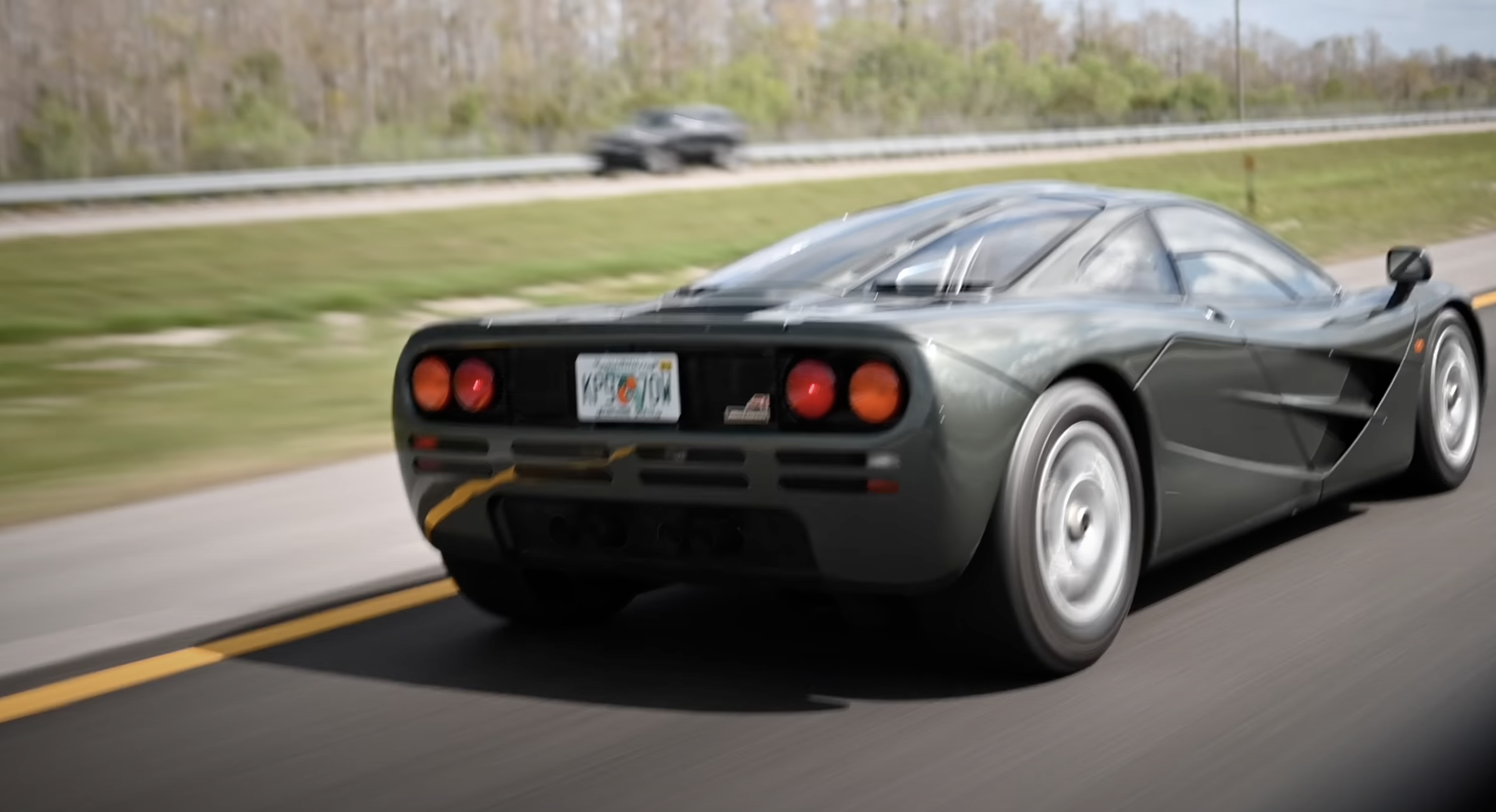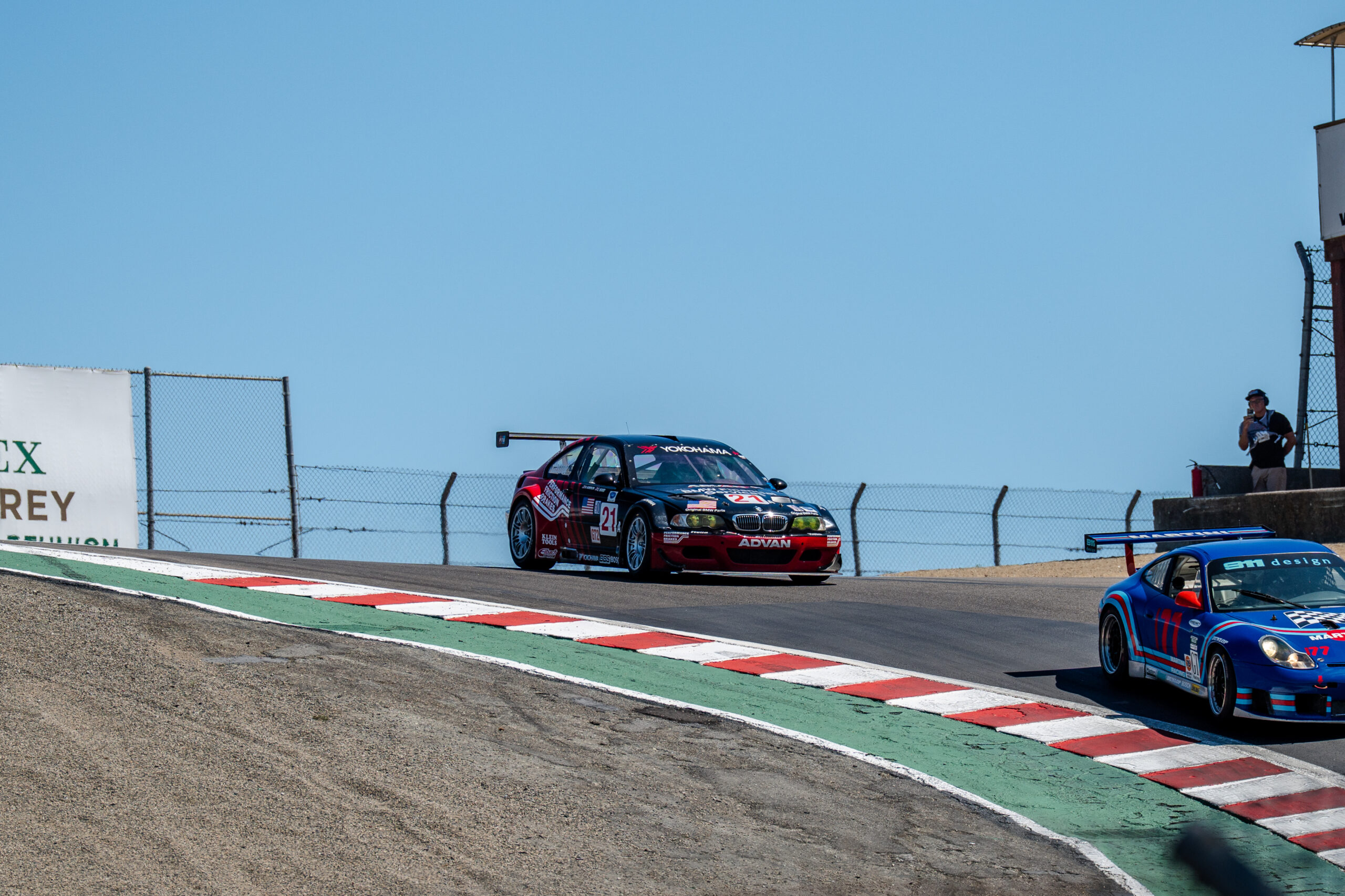While some premium manufacturers seem to be reducing the number of V-8s–cough, cough Mercedes ahem cough, cough–available in their lineup every day, BMW has continued to offer V-8s in multiple models across its product line, in true M and non-M products alike. And even as gas prices remain high and fuel economy regulations seemingly make V-8s rarer than ever, 2024 was a record year for BMW’s V-8 sales.
“Last year, we had the most sales of [premium] EVs, and at the same time, record high sales for eight-cylinder engines,” BMW R&D head Joachim Post recently told Motor1 in an interview. It’s both ironic and shows the odd spot the car market is in right now, depending on regulations, geography, demographics, and the economy of where the cars are sold.
Some countries are emphasizing EVs through incentives and regulations, as well as investments in charging infrastructure, and BMW’s line of i cars are strong sellers. They’ll soon be bolstered by the Neue Klasse architecture and the iX3, which goes on sale next year. Other countries that aren’t ready for EVs or don’t provide incentives are fertile ground for V-8s. The US was always a strong market for both, but with V-8s in the X5, X6, X7, 7 and 8 series, along with the M5, M8, XM, and the X5 and X6Ms, we have plenty of choice for models with eight cylinders.
Obviously, BMW has built multiple configurations of engines over the years, with V-8s long being an important part of the lineup. In the late 2000s, there were more models available with a V-8 than models where it wasn’t an option. Of course, the company is known for straight-sixes, and its still the calling card and engine that’s most widely available through the model line, but BMW wouldn’t be BMW without V-8 options.
Now there are also more EV models than ever, with the i4, i5, i7, and iX, with the iX3 joining in 2026 and the i3 (and it’s gas-powered 3-series counterpart) debuting for 2027. It’ll be interesting to see how the spread and sales change as the global shift towards electrification moves forward. A lot of that depends on global markets continuing to require an absolute shift from fossil fuels as well as enough additional infrastructure to support a charging network for EVs. Interesting times ahead.

